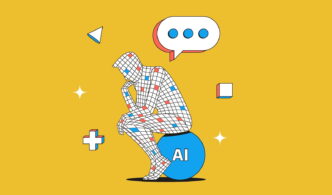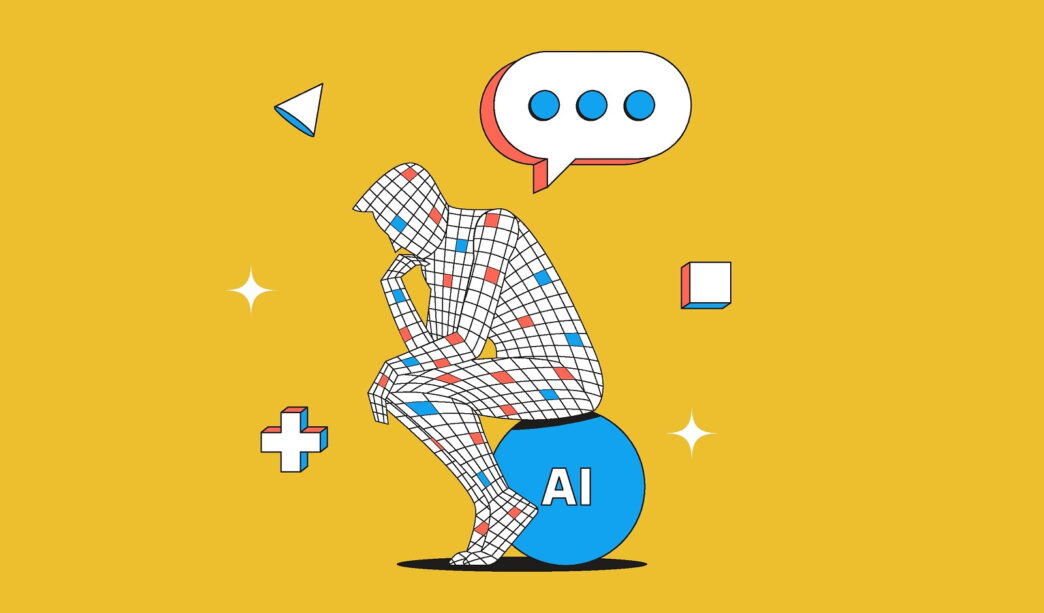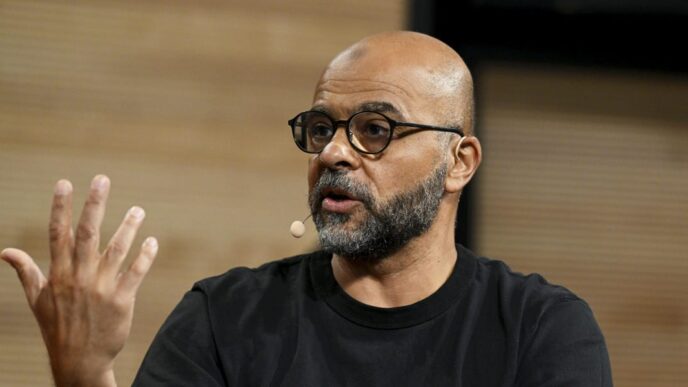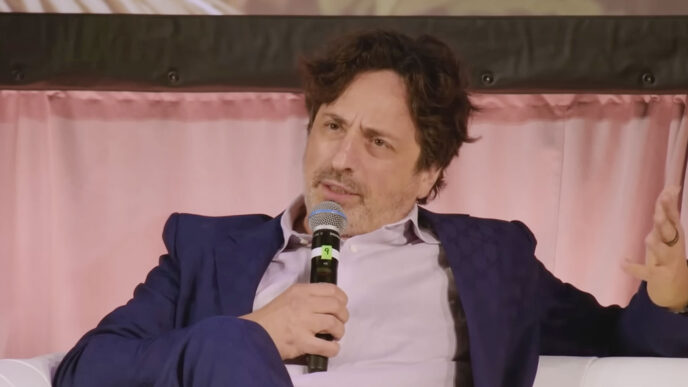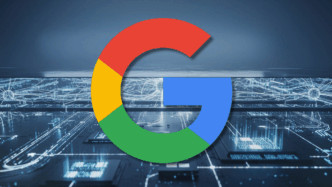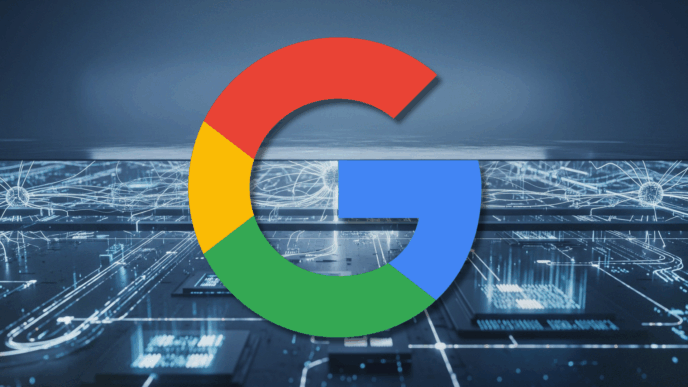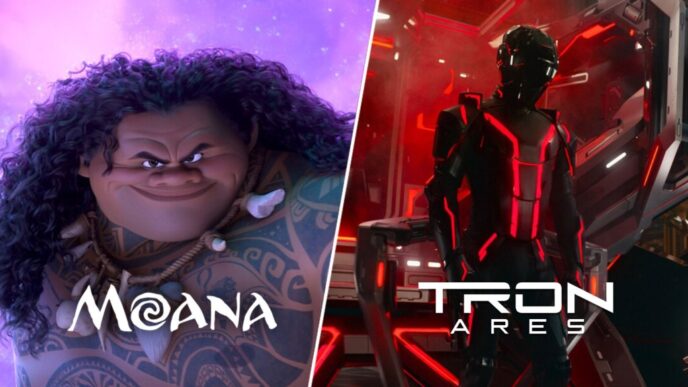OpenAI, Elon Musk’s Grok, Europe, China, Russia are battling over AI values
The values embedded in AI are shaping our info and politics. OpenAI’s ChatGPT is cautious, rights-focused. Elon Musk’s Grok goes libertarian, free-speech maximalist. Both work from American political norms.
Washington pushes AI as a front in a global values fight against China. The National Security Commission on Artificial Intelligence calls this a “values competition” naming China outright. Bipartisan Senate bills back AI rooted in “American values … ethics and safety.”
The European Union shares liberal-democratic ideals but fears US tech dominance. Through its AI Act, Brussels plans to bake in European values—privacy, dignity, transparency, precaution. It wants AI sovereignty to limit Silicon Valley’s influence and culture-war controversies.
China rejects Western AI values. The Chinese Communist Party insists AI reflects “socialist core values” to protect national stability and civilization from “digital colonisation” and “Western ideological trends.” Its AI laws require algorithm registration, security reviews, and censor politically sensitive topics. Chinese AIs reject queries on Tiananmen Square, Taiwan independence, and steer talk to “positive” themes.
China argues every nation should have AI aligned to its own values, not universal ones.
Russia follows suit, framing itself as a “state-civilisation” defending Orthodox, traditional values. Russian AI governance enforces domestic data storage, content filtering, and state surveillance. It clamps down on free expression, censoring sensitive political issues. This is portrayed as defending Russian culture and civilization.
The AI future looks fractured. Different powers push their values into digital gates, carving global information spheres with varying speech limits. Political battles over AI values are hardening into locked-in tech realities.
Companies in AI development now face this growing clash of civilisations shaping tomorrow’s online world.
